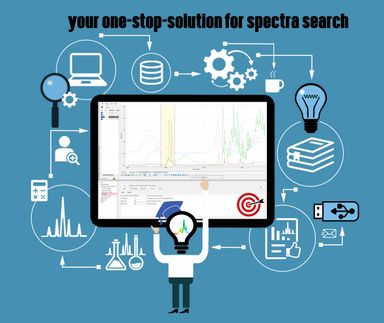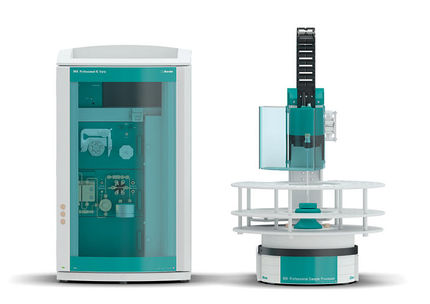To use all functions of this page, please activate cookies in your browser.
my.chemeurope.com
With an accout for my.chemeurope.com you can always see everything at a glance – and you can configure your own website and individual newsletter.
- My watch list
- My saved searches
- My saved topics
- My newsletter
Institute of Chemistry, UP Diliman
The Institute of Chemistry (IC) is one of seven research and academic institutes of the University of the Philippines - College of Science. It is located in the UP Diliman Campus, which is the flagship campus of the University of the Philippines System. The Institute is divided into five academic groups, based on the main branches or fields of chemical study: Analytical chemistry, Biochemistry, Inorganic chemistry, Organic chemistry, and Physical chemistry. Each is headed by an Academic Group leader. The Institute offers five degree programs at both undergraduate and graduate levels: Bachelor of Science (B.S.) in Chemistry, Diploma in Chemistry, Master of Science (M.S.) in Chemistry, M.S. in Chemical Education and Doctor of Philosophy (Ph.D.) in Chemistry. Product highlight
Research interestsThe following research interests are divided into their academic groups, as much as possible:
Courses (Subjects)The division described above (Academic Groups) leads to an interesting way of numbering of Chemistry (Chem) courses: a course begins with "1" for an Inorganic (or General) Chemistry course, "2" for Analytical Chem courses, "3" for Organic, "4" for Biochemistry, and "5" for Physical. A course numbered 100 above is usually a junior/senior undergraduate course, 200 for masters courses, and 300 for doctoral courses. Here is the list of courses and their course titles: Undergraduate Courses
Notes: StudentsThe students of the Institute may join several other College-based recognized organizations, but presently there is only one such organization recognized by the Institute itself: the UP Chemical Society (UP ChemSoc). Official websites
|
|||||||||||||||||
| This article is licensed under the GNU Free Documentation License. It uses material from the Wikipedia article "Institute_of_Chemistry,_UP_Diliman". A list of authors is available in Wikipedia. | |||||||||||||||||







